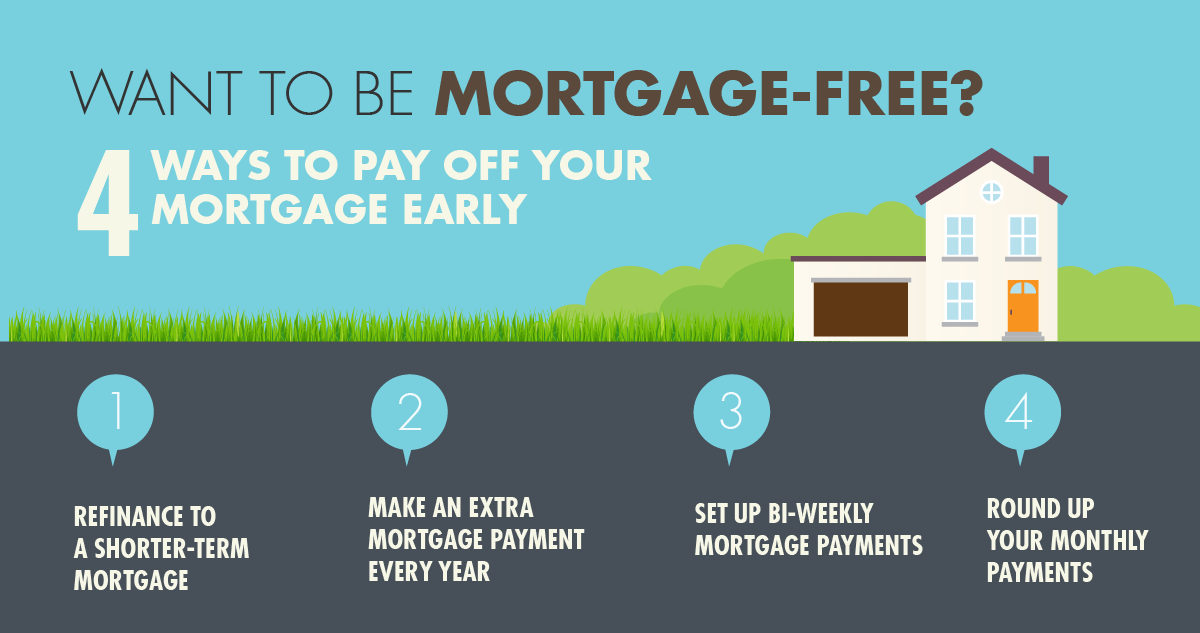 A good credit score translates into lower interest rates. In a mortgage lender’s eyes, the higher your score is, the less risk you are, and the more likely it is you will pay off your debt. For this reason, borrowers with lower scores can end up paying higher interest rates on their loans.
A good credit score translates into lower interest rates. In a mortgage lender’s eyes, the higher your score is, the less risk you are, and the more likely it is you will pay off your debt. For this reason, borrowers with lower scores can end up paying higher interest rates on their loans.
If this is you, don’t panic!
There are some things you can do to adjust your credit score to receive a favorable review from the underwriter. Here are a few suggestions:
#1: Pay your bills on time:
The simplest, and sometimes hardest, thing you can do is pay all your bills on time. Generally, you can improve your scores by making all your payments on time, keeping debt levels low (below 30%, and ideally 10% of available credit), removing errors and limiting credit inquiries.
If you are still treating your personal financing like you are a struggling college student, it is time to start #adulting. If you do, your credit score will start climbing.
#2: Keep existing credit card accounts open
Part of your credit score is based on credit history. If you have old credit cards that you don’t use very much, you still have the benefit of the credit history they represent.
Rather than trying to pay off all your credit cards, you can move part of the debt from one card to another to even out the distribution of debt. Try to keep balances as close to zero as possible, and definitely below 30% of the available credit limit when trying to purchase a home. Also, if your credit provider will increase your line of credit, the ratio of debt to available credit is automatically reduced.
#3: Fix errors on your credit report
If you are not already doing so, pull a FREE credit report annually. If items are showing up on your credit report that you know you have already paid, request to have the credit bureau remove them. They are obligated to rectify this within 30 days.
If there are items on your credit report that are less than two years old, send in your payment if possible and mark the back of the check with the following notation: “Accepting this check is evidence that the transaction is complete, and this charge will be deleted from my credit record.” If necessary, the canceled check will be proof that this should be promptly removed from your credit report if it interferes with the closing of your loan.
If you are still not sure of what step to take to secure yourself a low-interest rate, contact our team of mortgage professionals to schedule a time to review your financial situation. The appointment is FREE and no-commitment.
 Are we starting to pique your interest? Read on for some tips on how to get organized and start saving:
Are we starting to pique your interest? Read on for some tips on how to get organized and start saving:



